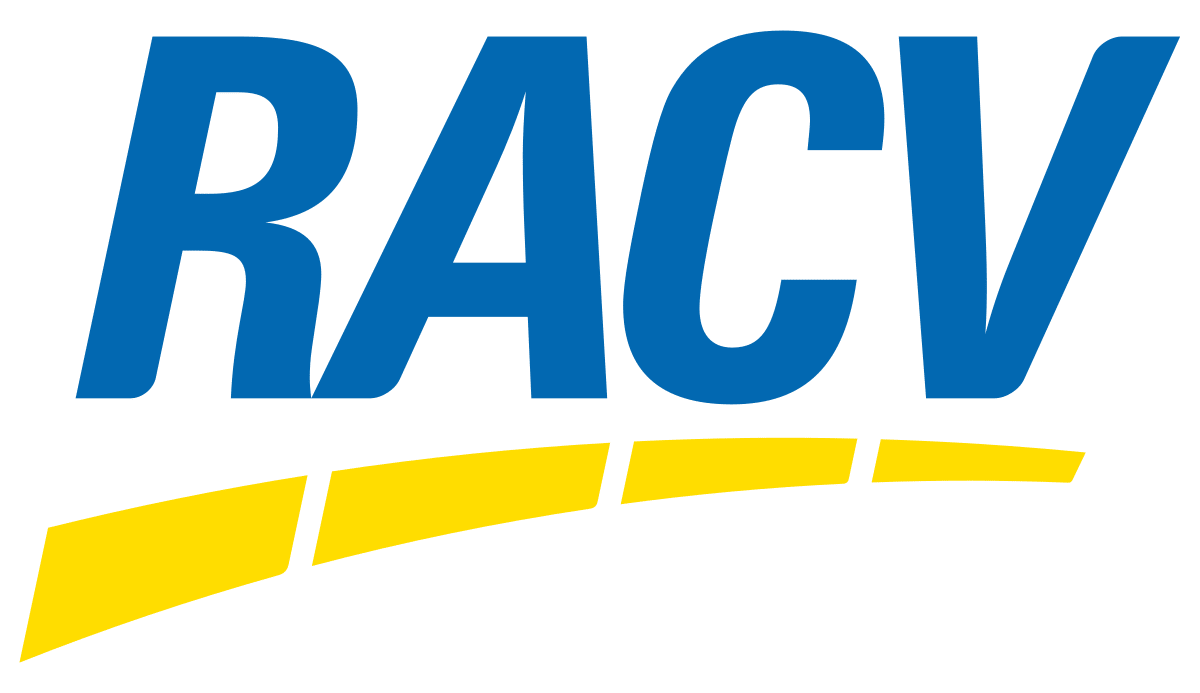It can sometimes be difficult to get a loan if you’re young and don’t have much of a history when it comes to borrowing or credit. However, there are simple ways to improve your chances, with one involving the help of a guarantor. While these are most common on home loans, there are lenders that can accept them on personal loan applications, too.
What is a guarantor personal loan?
A guarantor personal loan is simply a standard personal loan where the applicant applies with a guarantor, such as your parent, grandparent or another family member. They guarantee repayment of the loan, essentially agreeing to become responsible for the debt if you default on your loan and are unable to pay it off.
The advantage of applying with a guarantor for younger applicants without much borrowing history is that it can boost your chances of approval significantly. Rather than relying solely on someone whose profile isn’t seen to be very dependable, they’ll have a very handy backup plan in the form of your guarantor.
Guarantors can increase your personal loan borrowing power and even help you secure lower interest rates compared to applying on your own. It’s worth noting that not all lenders will offer the ability to apply for a personal loan with a guarantor, though.
What are the requirements for a guarantor?
Your guarantor must be someone in a stronger financial position who’s willing to guarantee the payment of your loan. They’ll have to meet all the standard loan eligibility requirements, such as being 18 and a citizen or permanent resident, but will also need to tick off the following:
- They must be an eligible connection to you, typically a parent, grandparent, guardian or sibling
- They must have a good credit history
- They must be earning a stable income that is enough to cover loan repayments should you default
Your guarantor may also be asked to put up their assets, such as equity in their home or a vehicle, as part of this arrangement. However, full control of these will revert to the guarantor at the conclusion of your loan.
It’s important to note that while your guarantor agrees to shoulder responsibility for your loan, this only comes into effect if you fully default on your repayments. If you’re able to keep on top of things, as the vast majority of borrowers are, your guarantor won’t become involved in the loan’s payment at all.
Is a guarantor personal loan the same as a joint personal loan?
No, a personal loan with a guarantor is not the same as a joint personal loan. A guarantor-backed personal loan is suitable when someone needs help qualifying for a loan but needs someone else to act as security. A joint loan, meanwhile, is a loan taken out with another borrower (co-borrower) who is equally responsible. Here’s a breakdown of how the two arrangements differ:
| Guarantor loans | Joint personal loans | |
|---|---|---|
| How it works | One person takes out a loan and the guarantor acts as security | Two people take out the loan together |
| Who repays the loan | The borrower | Both borrowers jointly |
| Whose credit it affects | The borrower, though the guarantor may be affected if there’s a default | Both borrowers |
| If there’s a default | Lenders will pursue the borrower and then the guarantor | Lenders will pursue both borrowers for the full sum until it’s paid |
Which is better for me: a guarantor or joint personal loan?
Whether a personal loan with a guarantor or a joint borrower is better for you comes down to your preferences as a borrower. Here are some situations where one might be more appropriate than the other:
- If you have no credit history and are making a purchase for yourself alone, a guarantor is likely to be more suitable
- If the loan funds you need are for a shared expense with your partner or spouse, such as home renovations, it probably makes sense to apply jointly
- If you want to increase your borrowing power and lower your interest rate as a single person, using a guarantor could be the way to go
Will my personal loan affect my guarantor?
As long as you stay on top of your repayments, your guarantor won’t be involved in your loan. However, there are a few ways that they could be impacted by agreeing to be your guarantor:
- Being a guarantor could reduce their borrowing power if they want to apply for a loan
- Having home equity tied up in your loan means your guarantor won’t be able to sell their property until it’s paid off or they’re removed from the agreement
- If you default on the loan, your guarantor may become wholly responsible for repaying the debt
- Any such issues could have an impact on your relationship with the guarantor
Because of these risks, it’s important to fully understand the potential consequences and make sure you’re confident you can meet the repayments before signing one of your loved ones on as guarantor.
Are guarantor personal loans available if I have bad credit in Australia?
Yes, there are lenders who can work with you if your credit isn’t the best and you’re looking to apply with a guarantor. As is the case for borrowers with little or no borrowing history, doing so will likely increase your chances of approval and could potentially score you a lower rate than if you applied for a bad credit loan on your own.
Pros and cons of guarantor personal loans
Pros
-
Greater chance of approval
Having a guarantor can increase your chances of loan approval, especially for borrowers with minimal credit history.
-
Better loan terms
Lenders may offer lower interest rates and better terms due to the added security provided by your guarantor.
-
Opportunity to build (or rebuild) credit
Successfully repaying a guarantor loan can help improve your credit score.
Cons
-
Financial burden
Your guarantor must be prepared to take on the financial burden of repaying the loan if you default, which can be a significant risk.
-
Credit impact on guarantor
If you default and your guarantor has to step in, their credit score can be negatively impacted.
-
Relationship risk
Defaulting on your loan can strain your relationship with the guarantor, who becomes responsible for your loan payments.
How to apply for a guarantor personal loan
-
Speak with your guarantor
First and foremost, talk everything over with your guarantor to make sure they’re okay with it.
-
Apply online with Savvy
Next, you’ll fill out our simple online form, telling us about yourself and your financial situation.
-
Supply any required docs
We may need documentation to verify things like your income and identity (and those of your guarantor) before proceeding.
-
Chat to your broker about your options
We’ll give you a call to talk you through what your available loan options are and the next steps.
-
Have your application prepped
Your broker will prepare your application for formal assessment and submit it to your lender.
-
Get approved and funded
Once approved, we’ll handle settlement and the funds will be sent to you soon after!
Why apply for a personal loan with Savvy?
Help from the experts
When you submit your application, one of our consultants will compare the best available options and walk you through the process.
Paperless applications
You don't need to worry about sifting through documents and visiting the post office, as they can all be submitted online.
Reputable lending partners
We've partnered with personal loan companies you can trust to ensure your comparison is a high-quality one.

















